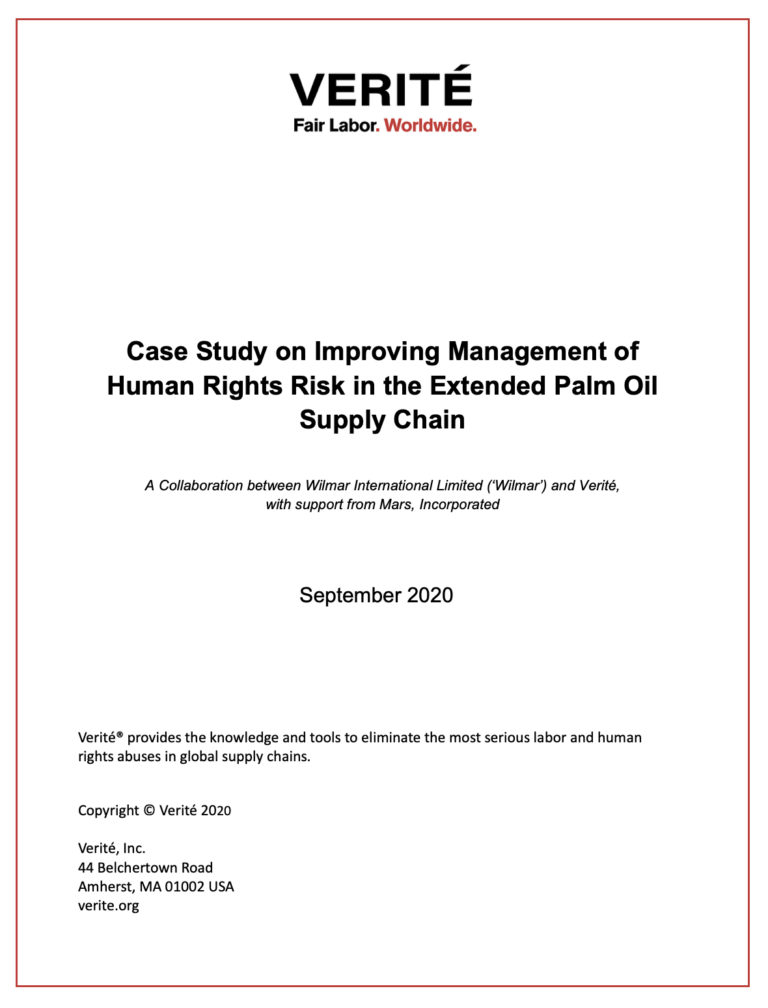“Paying for a Bus Ticket and Expecting to Fly” – How Apparel Brand Purchasing Practices Drive Labour Abuses
GuidanceThis report is based largely on interviews with garment suppliers, social compliance auditors, and garment industry experts, including those with at least a decade’s experience sourcing for numerous global brands; hundreds of interviews with worke...Read More

